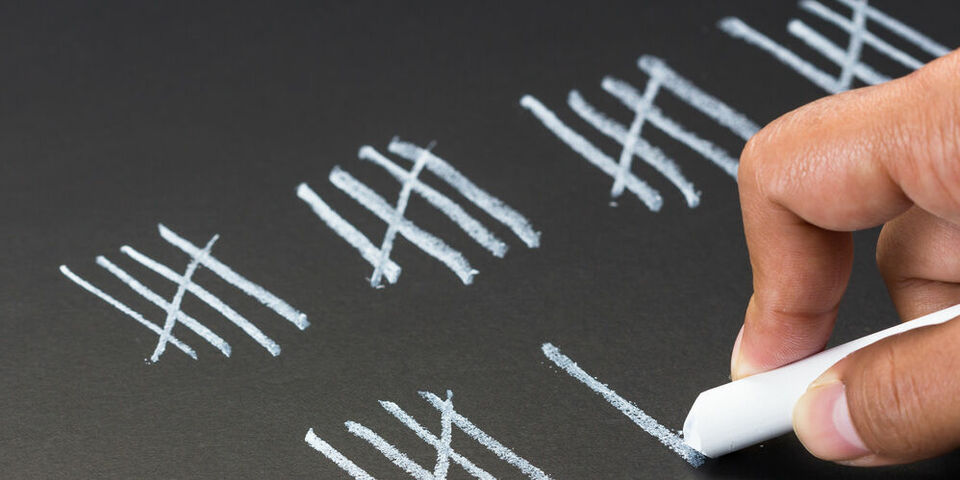21 students request opt-out for proctoring
The central registration at Education and Student Affairs (ESA) received 21 opt-out requests from students for online proctored exams. Online proctoring will be used for one in five exams during the coming exam period, rector Frank Baaijens told the University Council yesterday. The number of opt-out request could still increase, says ESA director Patrick Groothuis, because students may have submitted their requests to their own exam committees.
ESA director Groothuis doesn’t expect that the number of requests will climb to more than fifty, he said on Monday afternoon. Students had until Saturday 13 June to submit an opt-out request. The board had already stated that an alternative, safe form of on-campus examination would cease to be an option in case the number of requests exceeded fifty prior to that date. In that case, an alternative form of examination would no longer be considered for all students who submitted an opt-out request. During the weekly corona update on Friday 5 June, university secretary Susanne van Weelden had urgently called on students ‘to choose for an opt-out only for compelling reasons, and to take into account fellow students.”
Two PhD students at Tilburg University, Gijs van Maanen and Annemarie Balvert, both of whom work as lecturers at the Bachelor program of the Jheronimus Bosch Academy of Data Science in Den Bosch (a collaboration between the Tilburg and Eindhoven universities), drew Cursor’s attention to the strong similarities between the above described construction and the classic prisoner’s dilemma. This is a paradox in which two individuals are suspected of the same crime. Due to lack of evidence, they’re presented with a proposal. If they both remain silent, both of them will get a relatively light sentence of six months in jail. If one testifies against the other, the one who testifies will go free and the other who remains silent will be sent to jail for five years. If both testify against the other, each will get two years in jail.
Complicated puzzle
Van Maanen and Balvert write that the prisoner’s dilemma and similar situations are the subject of an entire field of study, which goes to show just how complicated this puzzle is. 'Still, it is expected of students who object to online proctoring that they solve a puzzle like this for themselves. Because a student doesn’t just need to decide for themselves to object or not, but also if and how many of their fellow students will. And they need to make that decision in the space of a few days,’ the PhD students from Tilburg say.
When asked for a response, ESA director Groothuis says that the design of the opt-out possibility was discussed on several occasions and with several discussion groups. “The educational board and ESA continuously discuss a wide variety of topics. This opt-out possibility came up for discussion within the steering group proctoring, for example, in which a student from the Student Advisory Body (SAO) takes part as well. In addition, it was discussed with the members of the responsible committee of the University Council and the Advisory committees on Bachelor’s and Master’s Program Examinations (AEB/AEM). We had continuous contact about proctoring with the University Council committee from the start of the exam period in Q3, because we highly value the coordination of this matter. This way, we can successfully take into account the perspective and interests of students concerning privacy and study progress.”
No major objections
According to the ESA director, the relatively small number of opt-outs is also a sign “that thousands of our students have no major objections to proctoring. We are glad that we can offer all these students a form of examination that prevents them from suffering a study delay. As a next step, the exam committees and involved lecturers will now indicate whether it is possible to provide students with an alternative, and what this alternative will look like. ESA will then facilitate them in this.”
On Thursday 11 June, the Amsterdam District Court ruled that online proctoring is legal. This was the outcome of preliminary proceedings brought before the court by two student councils and a UvA student. The judge concluded that statutory examination regulations explicitly state that student councils have no right of consent when it comes to invigilation policies. This means that there was no legal reason for UvA to seek the councils’ permission. Rector Frank Baaijens also said that he was content with the court’s decision.


Discussion